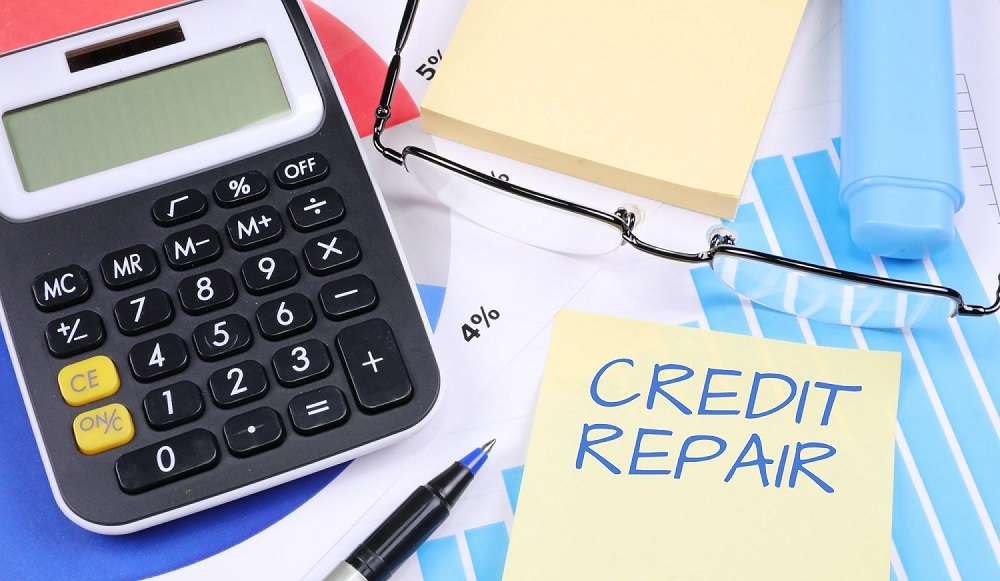Are you struggling with a poor credit score and feeling overwhelmed by your financial situation? You’re not alone. Many people find themselves in a similar position, but the good news is that there are steps you can take to improve your credit and reclaim your finances. In this ultimate credit repair handbook, we’ll guide you through the process of credit repair and provide you with the tools and knowledge you need to take control of your financial future.
Understanding Your Credit Score
Before we dive into the credit repair process, it’s essential to understand what a credit score is and how it’s calculated. Lenders evaluate your credit score, which is a three-digit figure between 300 and 850, to determine how creditworthy you are. The higher your score, the more likely you are to be approved for loans and credit cards with favorable terms. Your credit score is based on five factors: payment history (35%), credit utilization (30%), length of credit history (15%), types of credit used (10%), and new credit (10%).
The Credit Repair Process
Credit repair involves identifying and addressing the factors that are negatively impacting your credit score. Here are the steps you can take to start the credit repair process:
Obtain Your Credit Reports
The first step in the credit repair process is to obtain copies of your credit reports from the three major credit bureaus: Equifax, Experian, and TransUnion. Every 12 months, you can obtain a free credit report from each bureau by visiting AnnualCreditReport.com.
Review Your Credit Reports
Once you have your credit reports, review them carefully to identify any errors or inaccuracies. Common errors include incorrect account information, outdated information, and accounts that don’t belong to you.
Dispute Errors
If you find any errors on your credit reports, dispute them with the credit bureau. This can be completed over the phone, via mail, or online. Be sure to provide any supporting documentation to back up your dispute.
Pay Off Outstanding Debts
If you have any outstanding debts, work on paying them off as soon as possible. This will improve your credit utilization ratio and positively impact your credit score.
Avoid Opening New Credit Accounts
Every time you apply for a new credit account, it results in a hard inquiry on your credit report, which can temporarily lower your score. Avoid opening new credit accounts unless necessary.
Be Patient
Credit repair takes time and patience. It’s possible that your credit score won’t rise much for several months or even years. Stay committed to the process and be patient as you work towards reclaiming your finances.
Understand the Impact of Bankruptcy
While filing for bankruptcy can provide relief from overwhelming debt, it’s essential to understand the long-term impact it can have on your credit score. A bankruptcy can remain on your credit report for up to 10 years, significantly affecting your ability to secure loans and credit in the future. Before considering this option, explore other debt-relief alternatives and consult with a financial advisor to understand the implications fully.
Beware of Credit Repair Scams
Unfortunately, there are many unscrupulous companies out there that prey on individuals looking to improve their credit scores. Be wary of companies that promise to “fix” your credit quickly or ask for payment upfront. Legitimate credit repair takes time and effort, and no company can guarantee specific results. Always do your research and choose a reputable credit repair service or seek assistance from a non-profit credit counseling agency.
Consider Professional Help
If you’re feeling overwhelmed by the credit repair process, consider seeking the assistance of a professional credit repair service. These companies can help you navigate the complexities of credit repair, dispute errors on your credit reports, and guide on improving your credit score. However, be sure to do your research and choose a reputable company with a proven track record of success.
Tips for Maintaining a Healthy Credit Score
Once you’ve successfully navigated the credit repair process, it’s essential to maintain a healthy credit score. Here are some tips to help you keep your credit in good standing:
Monitor Your Credit Regularly
Regularly monitoring your credit reports can help you catch any errors or fraudulent activity early on. Consider using a credit monitoring service to keep track of changes to your credit report.
Avoid Closing Old Accounts
The length of your credit history accounts for 15% of your credit score. Your credit history may be shortened and your score may be lowered if you close old accounts.
Be Mindful of New Credit
As mentioned earlier, each time you apply for new credit, it results in a hard inquiry on your credit report. An excessive number of challenging questions in a brief amount of time will lower your score. Apply for fresh credit only when required.
Practice Responsible Financial Habits
Ultimately, the key to maintaining a healthy credit score is to practice responsible financial habits. This entails avoiding excessive debt, maintaining a low credit use rate, and paying your bills on time.
Steps and tips provided in this handbook, there are several resources available to assist you in the credit repair process:
Legal Assistance
If you’re facing legal challenges related to your credit, such as a lawsuit from a creditor, consider seeking the assistance of an attorney who specializes in consumer credit issues.
Online Resources
There are numerous online resources available that can provide you with information on credit repair, including websites, blogs, and forums. Be sure to verify the credibility of the source before relying on the information provided.
Conclusion
Reclaiming your finances and repairing your credit is a journey that requires commitment, patience, and the right knowledge. By following the steps outlined in this ultimate credit repair handbook, you’ll be well on your way to achieving a healthier financial future. Remember that credit repair is not a one-time fix but an ongoing process that requires you to be proactive and vigilant about your financial habits. Take control of your finances, and don’t let a poor credit score hold you back any longer. With the right tools and knowledge, you can improve your credit score, secure better loan terms, and ultimately achieve financial freedom. Remember, the path to a better credit score and a brighter financial future is within your reach. Take the first step today and start reclaiming your finances.










